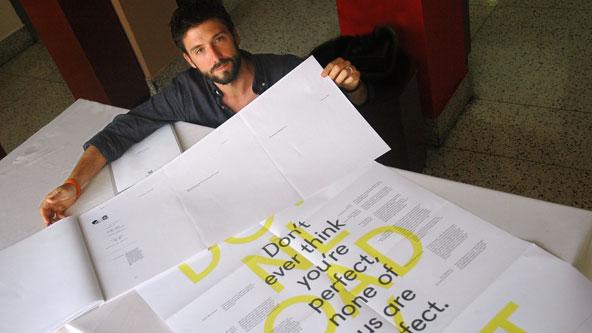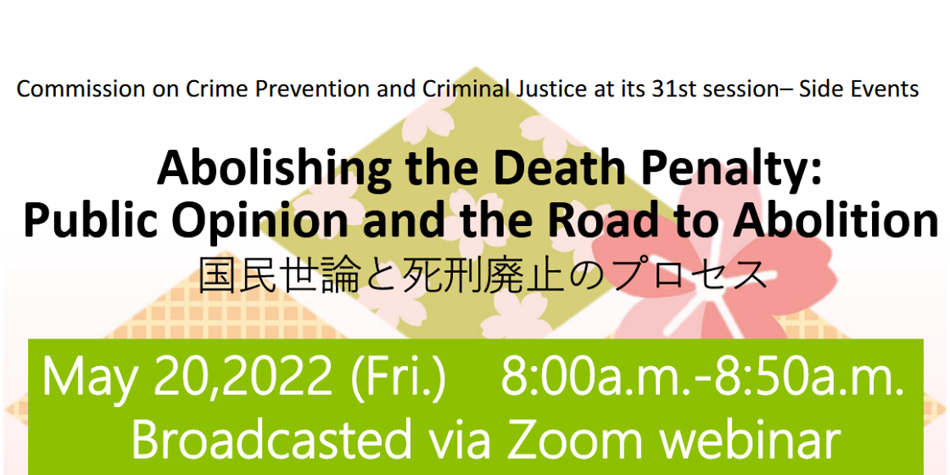
Publishing the final words of the executed to restore their humanity
Abolition
“I am innocent, innocent, innocent,” said Leonel Herrera before his execution in 1993. Twenty years later, Jerry Duane Martin told the family of a prison warden he had killed while attempting to escape: “I’m sorry; sorry for your loss. I wish I could take it back, but I can’t.” He, too, received a lethal injection immediately afterwards.
These are some of the statements by executed death row prisoners the Final Words project is aiming to bring to light.
Its promoters have received support from figures including World Coalition president Florence Bellivier, representatives from several World Coalition member organisations and actress Susan Sarandon.
They told Worldcoalition.org more about their work.
What is the Final Words project?
Joshua Herman (photo, above): It is a collection of the final statements by 515 prisoners executed by the State of Texas and documented by the department of corrections, laid out in a book to be distributed free of charge. Our target is to give three books to every high school in those US States where the death penalty is still in use, and to organise a travelling exhibition.
We want to humanise the moment when a person is about to be executed and start a new conversation about the death penalty in the US for people on both sides of the debate.
Marc Asnin: The people who read these final words should come out of it with an emotional connection. In the US, for the past few decades, the death penalty has been characterised by dehumanisation. We want to make people realise: “This person asked for forgiveness, they brought up class or racism… That’s interesting for me to think about.” Children may perform these final words in theatre class, bring this conversation into their family…
Do you think schools will welcome your initiative?
M.A.: Some schools will. It’s not all about red and blue states. People migrate, there are purple states. There is room for this. There will be schools where the board or the principal will not allow the book on the curriculum. We will follow up, and that will create the conversation around censorship: what are you afraid of? If we are faced with arguments such as “You are honouring the killer rather than the victim”, that is also part of the debate.
J.H.: We have shared a mock of the book with a few people and their reaction is generally to be intrigued – whether they are abolitionist groups, individuals who do not think about the death penalty or conservatives who support it. For a moment, it makes you think of what you would say if you were to die in the next few minutes.
You designed a large format for the book, with the bare statements as they were recorded and a lot of blank space around them. Why did you choose this layout?
M.A.: It is the opposite of a textbook. We are going to put it in front of students who see textbooks day after day, and we want to show them something different and more provocative. In our preparatory work with Witness to Innocence, they said that all the white space highlights your own feelings after you’ve read the final statements. This was not our intention, but it is a powerful interpretation. The book will not be bound, but held together with screws, looking more like a legal ledger.
How many books are you planning to print, and how are you going to achieve this?
M.A.: No American publishing company would invest in a book like this, so it is all based on crowndfunding.
J.H.: We will need 17,000 copies for every high school in 32 States, and we will do a total print run of 25,000 to serve other organisations we work with. We are collaborating with civil rights groups, the photographic community, abolitionists – anyone who is interested. The production of the book will stand as a statement of the grassroots nature of what we are doing.
People who contribute above a certain amount will receive a copy of the book and supporters can have it sent to a person they think should read it, such as politicians.






